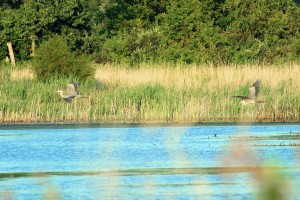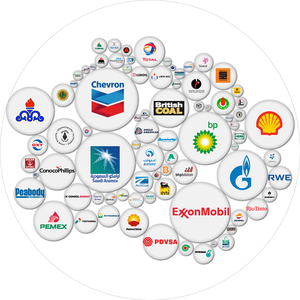 It is no secret that the fight against desertification isn’t going well. In the two decades since the United Nations Convention to Combat Desertification came into force, desertification has worsened considerably. Many within the desertification community and beyond are calling for a fresh approach to the problem: the establishment of a global goal to achieve a “land-degradation neutral world” (LDNW). However, the call for land degradation neutrality has not been universally celebrated, particularly given the questionable track record of past “no net loss” policies.
It is no secret that the fight against desertification isn’t going well. In the two decades since the United Nations Convention to Combat Desertification came into force, desertification has worsened considerably. Many within the desertification community and beyond are calling for a fresh approach to the problem: the establishment of a global goal to achieve a “land-degradation neutral world” (LDNW). However, the call for land degradation neutrality has not been universally celebrated, particularly given the questionable track record of past “no net loss” policies.
In a new working paper by Shelley Welton (former deputy director, Sabin Center for Climate Change Law), Michela Biasutti (Associate Research Scientist, Lamont-Doherty Earth Observatory), and Michael Gerrard (director, SCCCL), the authors explore ways to advance global land degradation neutrality into a concept — and, eventually, a program — that has legal and scientific integrity, such that it delivers tangible gains. The paper draws on lessons learned from two ongoing, land-centered policy attempts similarly framed around goals of “neutrality”: the “no net loss” wetlands policy embraced by the United States’ Wetlands Mitigation Banking (WMB) program, as representative of a broad class of “biodiversity offset” programs emerging around the world; and Reduced Emissions from Deforestation and Forest Degradation (REDD), an international program aimed at preserving, enhancing, and restoring forests as carbon “sinks.”
The paper finds that three key issues emerge for further consideration on the path to a “land-degradation neutral world”: (1) how to define and measure the problem — “land degradation” — in scientifically and legally meaningful ways; (2) how to successfully pursue “neutrality” as an organizing principle; and (3) how to balance the local and the global, and the public and the private, in the administration of such a program. The paper concludes that neither WMB nor REDD’s experience allows for enthusiastic endorsement of “neutrality”-framed land management programs, but suggests that these efforts may have laid the groundwork or the next generation of such programs to proceed with greater knowledge of how to design with integrity, for success. It asserts that LDNW’s best hopes for success will lie in early, honest conversations that achieve reasonable clarity in program aims, coupled with metrics that accurately capture these aims and a willingness to allow pluralistic experimentation during early stages of implementation.
The paper is forthcoming in the Columbia Journal of Environmental Law (2014). The research was financed by a National Science Foundation award.



